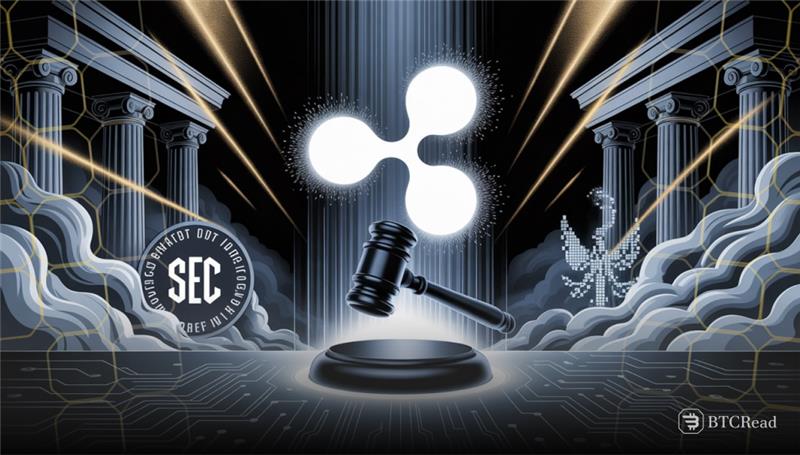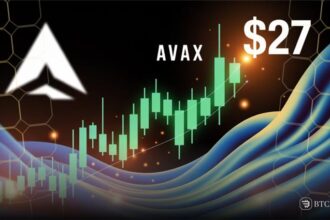The Securities and Exchange Commission has closed its long-running legal battle with Ripple Labs and its top executives. The regulator and the company filed a joint stipulation to dismiss their pending appeals in the United States Court of Appeals for the Second Circuit.
This agreement ends the civil enforcement case that began in December 2020 and drew wide attention across the digital asset industry. The case involved Ripple Labs, Chief Executive Bradley Garlinghouse, and Executive Chairman Christian A. Larsen.
The dispute centered on whether certain sales of the digital asset XRP violated federal securities laws. The litigation spanned years, with multiple rulings and appeals shaping the course of the matter. The dismissal of appeals leaves intact the district court’s final judgment.
Ripple shifts focus after legal resolution
That ruling imposed a $125,035,150 civil penalty on Ripple. It also ordered the company to comply with the registration provisions of the Securities Act of 1933. The injunction aims to prevent future violations of securities laws by the firm.
Ripple had challenged portions of the court’s findings, while the SEC had sought to expand its claims through appeal. The joint decision to withdraw those challenges marks a definitive close to the judicial process. Both sides now step away from further appellate proceedings, locking in the existing judgment.
The outcome carries significant weight for the cryptocurrency sector. The SEC’s enforcement approach toward digital asset offerings remains a closely watched issue. The Ripple case has been a reference point for ongoing debates about how to classify and regulate tokens.
By ending the appeals, the parties avoid further uncertainty and allow the judgment to stand as a resolved matter. The resolution also signals a shift in focus for Ripple. The company can now move forward without the looming risk of new court decisions altering its penalty or operational restrictions.
Crypto industry sees ongoing regulatory risks
The SEC, meanwhile, retains its win on the central issue of securities law violations while avoiding the possibility of an appellate ruling narrowing its enforcement powers. The dismissal does not alter the financial penalty or the compliance obligations set by the district court.
Ripple must still pay the fine and adhere to the injunction. For the digital asset industry, the case remains a cautionary example of how securities laws can apply to token sales.
This chapter in the legal history of cryptocurrency ends without a dramatic reversal or expansion of precedent, but it leaves behind a clear reminder: regulatory battles can be lengthy, costly, and decisive in shaping the rules of the market.







